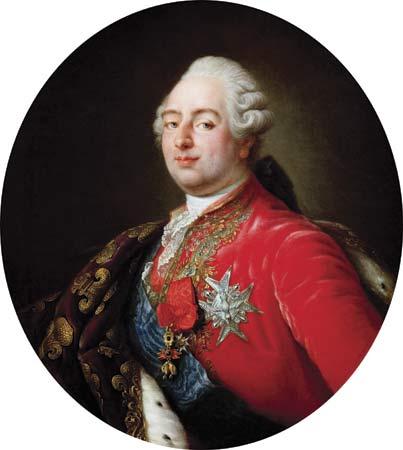French revolution and American revolution (last update: 04/05/2021)
Created by Kamila Klavíková
Overview of events and people involved in American revolution and French revolution. These are more connected than one would say...
#American revolution, #France, #French Revolution, #US, #USA, #history, #revolution

Related to French Revolution
Related to American Revolution
The legend
Dates
People
Notes
Link can have any color.
Movement, form of goverment
13 colonies
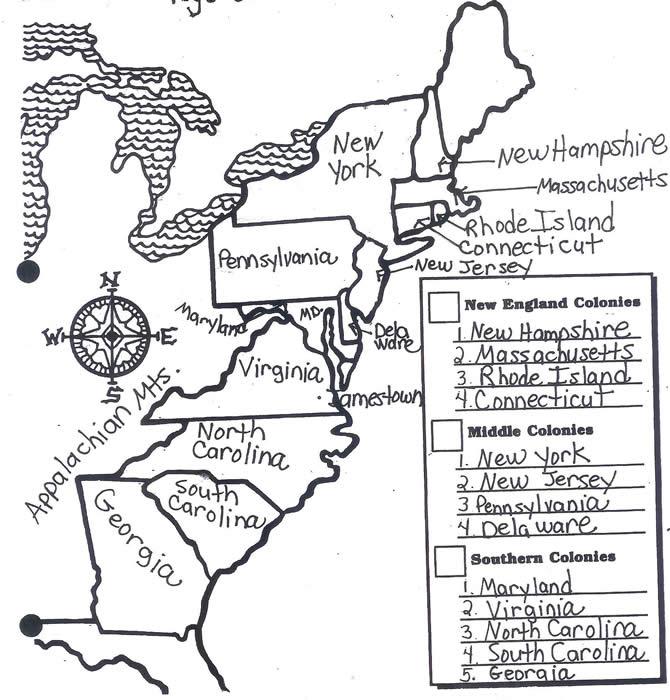
Drawing by Shadow Slump, source: 13 Colonies Drawing
Start 👇
America colonizied by British
Great Britain
British imposed new taxes
1763
Royal proclamation 1763
Proclamation declared by the British crown at the end of the French and Indian War in North America.Indian were moved to reservation in Apalachian Mountains. Colonists couldn't move there. That made them angry.
1765
increased British debts
weak executive powers
5 September 1793 to 28 July 1794
Origins
Out of money after war
tax on tea
1773
Seven Years' War
Napoleon Bonaparte
The Reign of Terror
- the most bloody part of the revolution
- In the name of ridding the nation of the enemies of the Revolution, an estimated 500,000 suspects were arrested, 17,000 were officially executed and 25,000 died in summary executions, i.e. without benefit of a full and fair trial. Hence the total death toll was around 40,000.
trade boycott against Britain
the end
1774
Boston Tea Party
- Incident in which 342 chests of tea belonging to the British East India Company were thrown from ships into Boston Harbor by American patriots disguised as Mohawk Indians.
- The Americans were protesting both
- a tax on tea (taxation without representation),
- and the perceived monopoly of the East India Company.
dictatorship
The Directory
- the governing five-member committee
28 July 1794
First Continental Congress
Successes:
- Colonial unity.
training army
First republic
American War of Independence
also known as American Revolutionary War
National Convention
- the first French government organized as a republic
guillotined
June 1775
George Washington
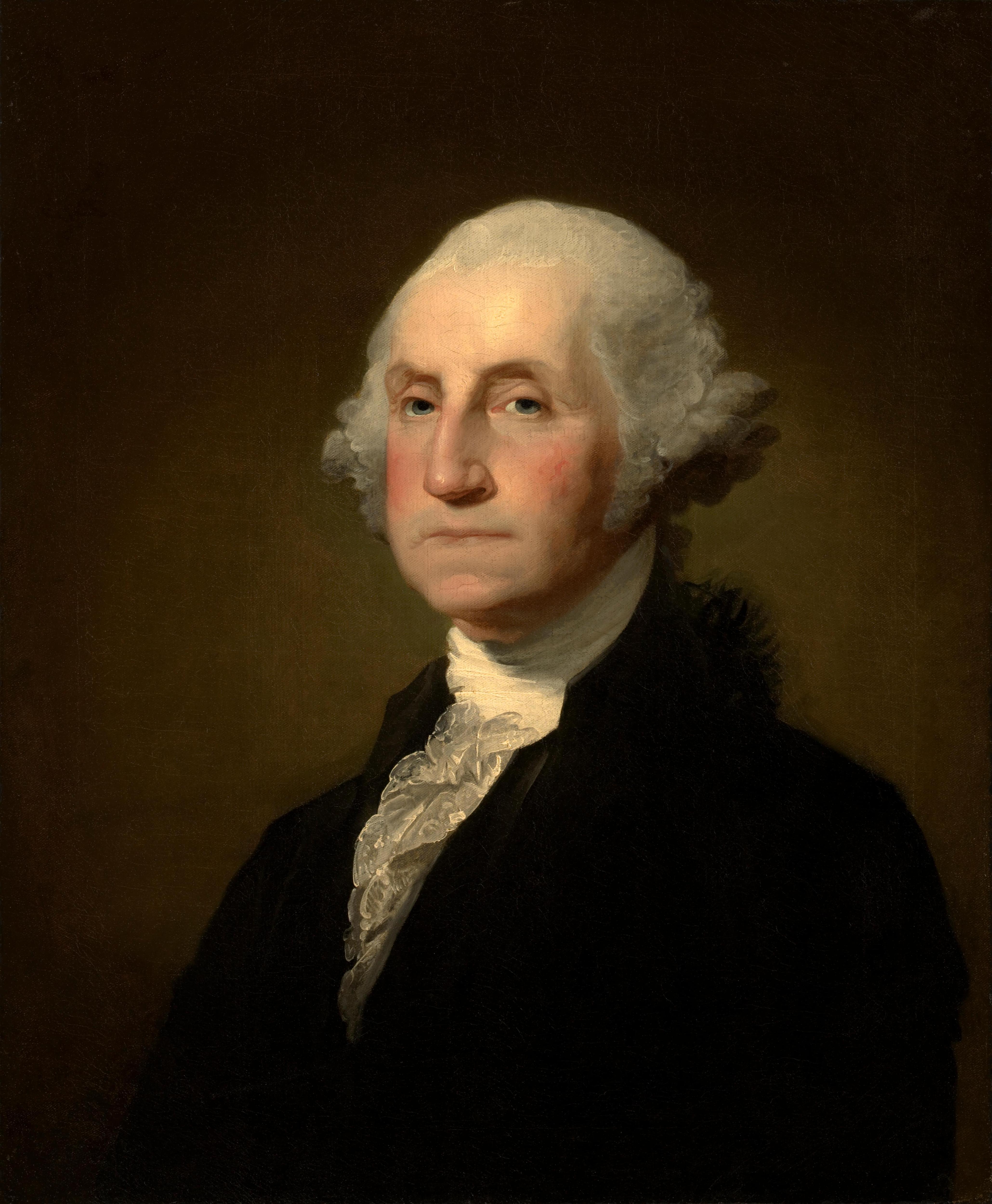
Committee of Public Safety
- de facto executive goverment
- role was to protect the newly established republic against foreign attacks and internal rebellion
most prominent
Second Continental Congress
4 July 1776
fought in
costly involvements in wars
Constitutional monarchy
1793
Maximilien Robespierre
tax reforms
inability to tax priviliged orders
American revolution
The decleration of independence
The decleration of independence explained why the Thirteen Colonies at war with the Kingdom of Great Britain regarded themselves as thirteen independent sovereign states, no longer under British rule.
Lafayette
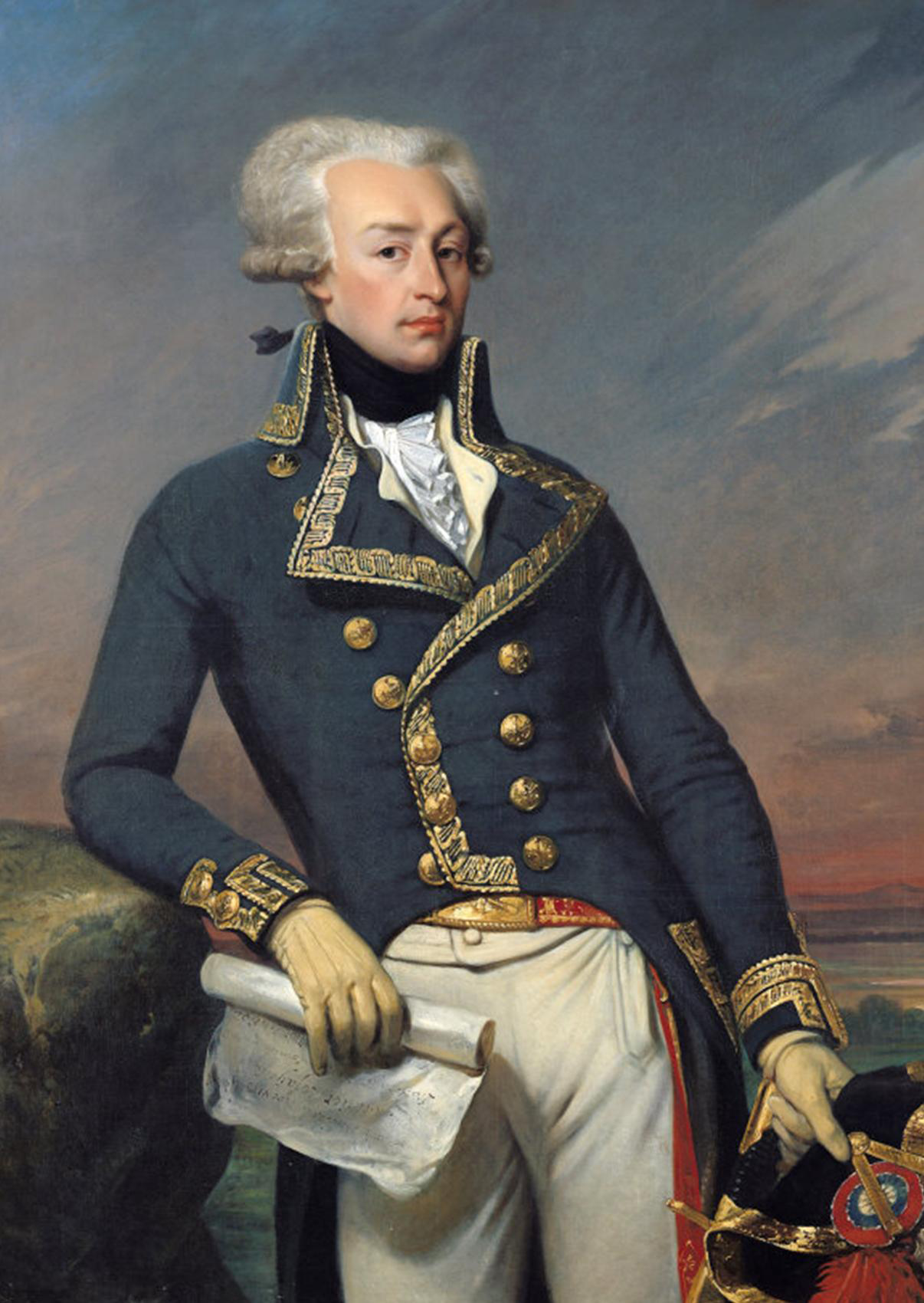
- Sometimes knows as “The Hero of the Two Worlds” becase of his accomplishments in the American War of Indepence and in the French revolution.
- A French aristocrat and military officer
Financial crisis
lavish spendings
the start of
Estates-General meet at Versailles
The three estates were:
- First estate. Entire clergy.
- Secord estate. Nobility and royalty.
- Third estate. Everybody else.
King wasn't in any estate.
1792
Constitution of the United States of America
- the doctrin of the separation of power
- the legislative – the Congress
- the executive – the president and subordinate officers
- the juridical – the Supreme Court and other federal courts
- concepts of federalism
first president
French revolution
against
divided by fundamental question:
Should they vote by head, giving the advantage to the Third Estate, or by estate, in which case the two privileged orders of the realm might outvote the third?
Benjamin Franklin
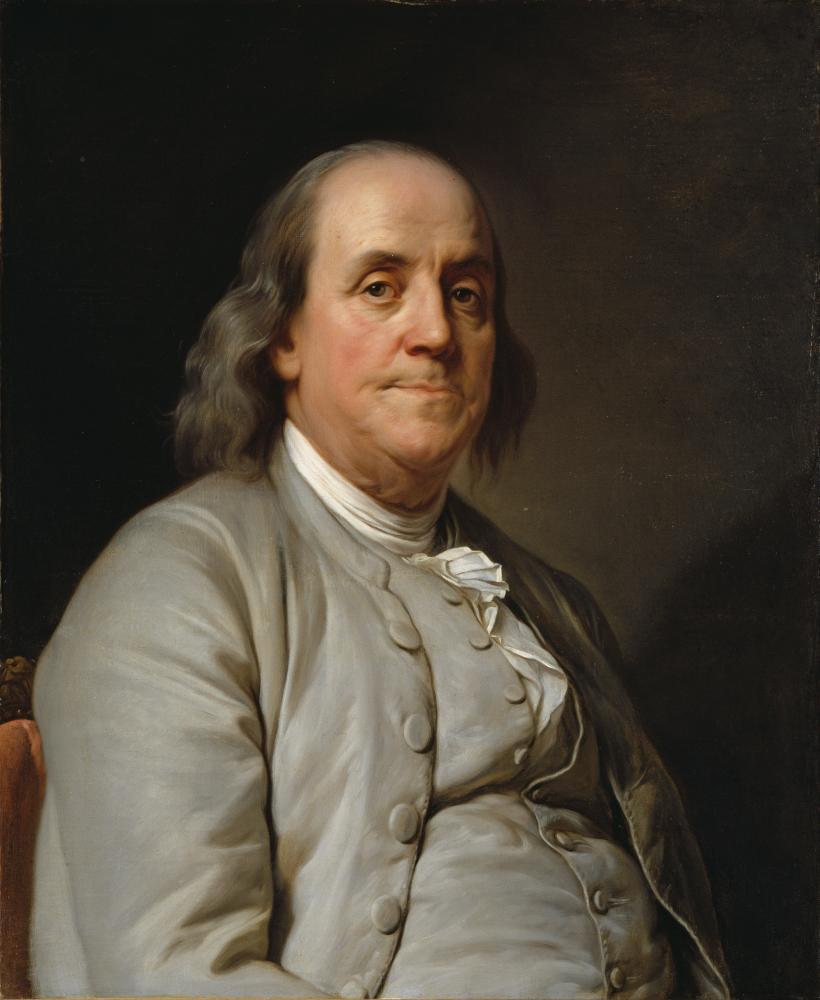
old regime
absolutism
Third Estate
freedom
17 June 1789
Bill of Rights
- ten amendments to the United States Constitution.
- specific protections of individual liberty and justice and place restrictions on the powers of government
Thomas Jefferson
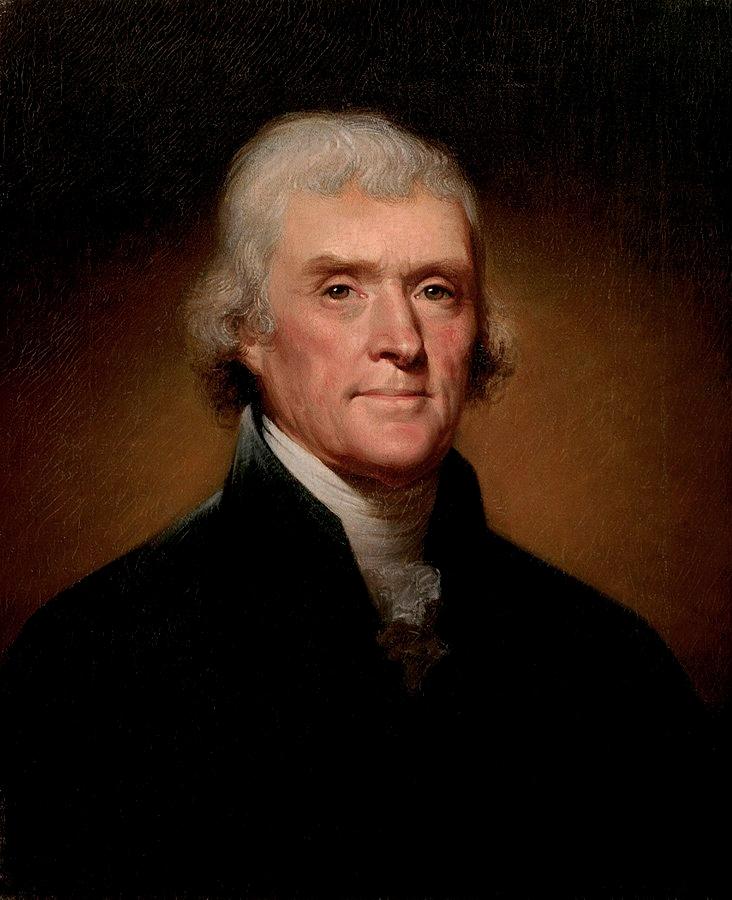
influenced
Louis XVI and Marie-Antoinette
were guillotined on charges of counterrevolution
National Assembly
helped to write
influenced by
the end of
14 July 1789
Storming of the Bastille
- The Bastille was a symbol of absolutism.
consulted with
Declaration of the Rights of Man and of the Citizen
mostly influnced events of
National Constituent Assembly
26 August 1789
Presumption of innocence
Enlightment
- an intellectual and philosophical movement
- dominated the world of ideas in Europe during the 17th and 18th centuries
Jean-Jacques Rousseau
